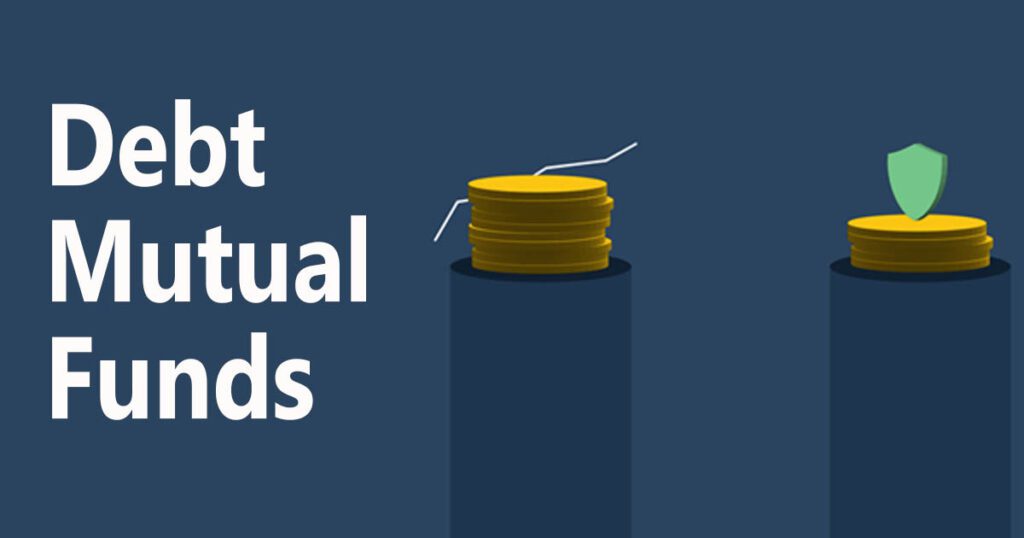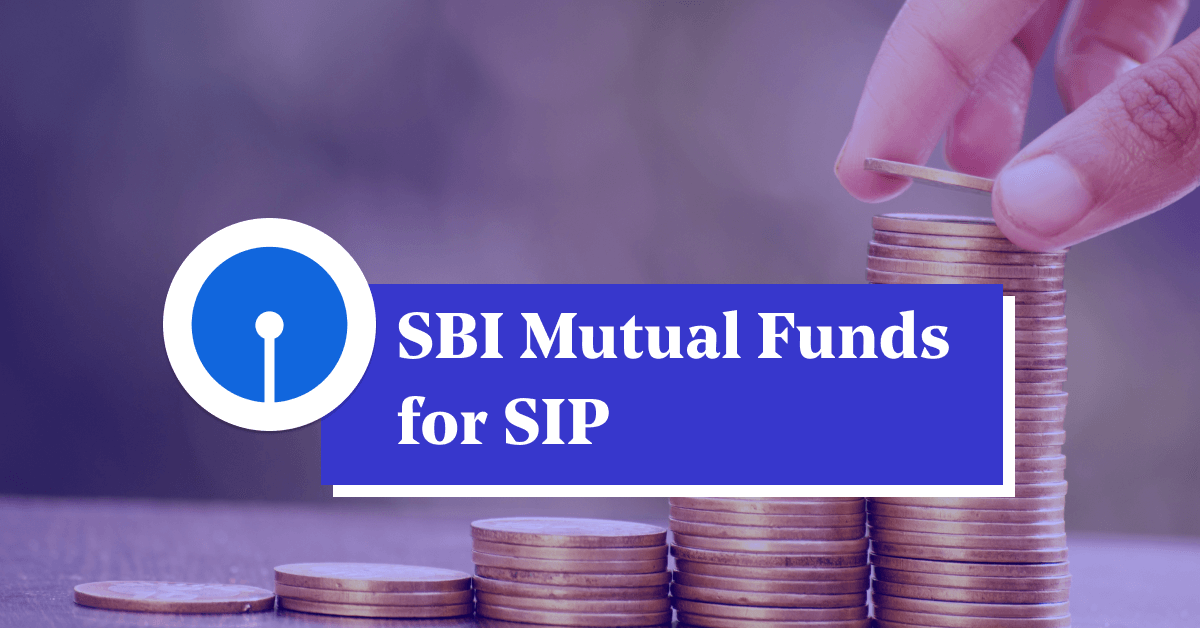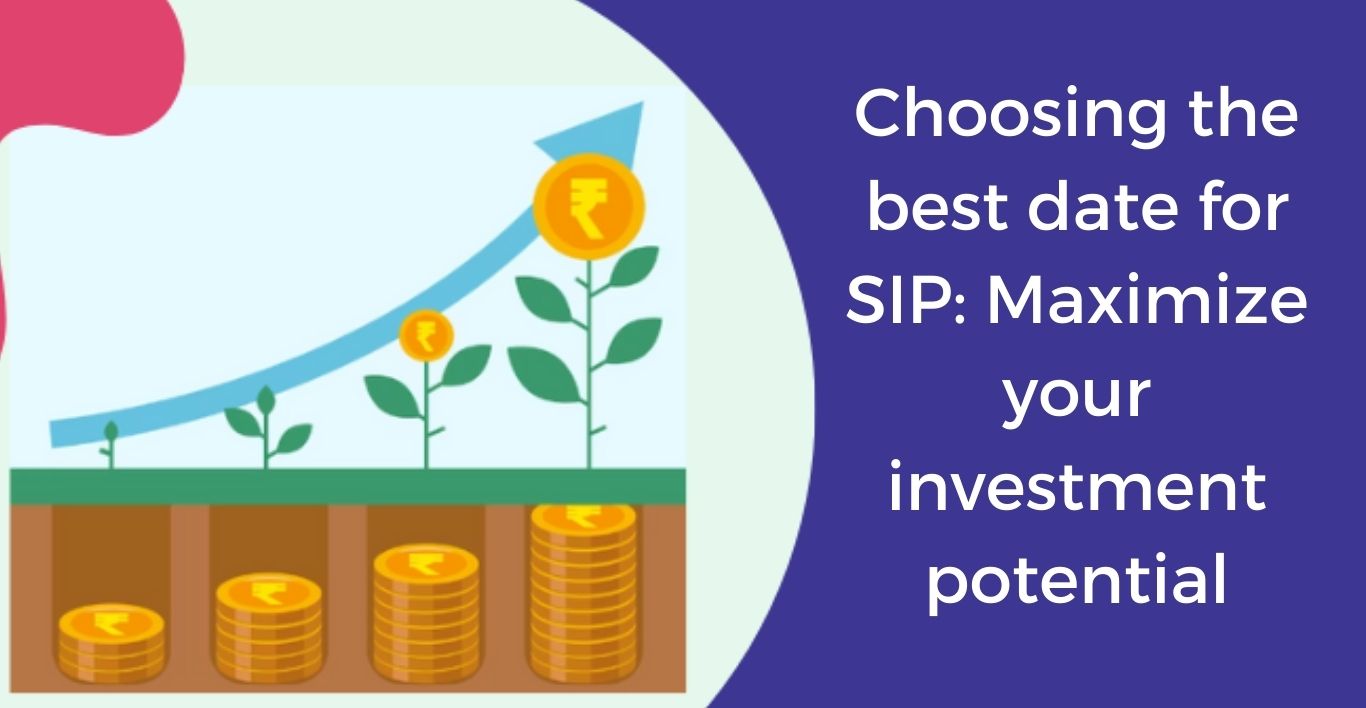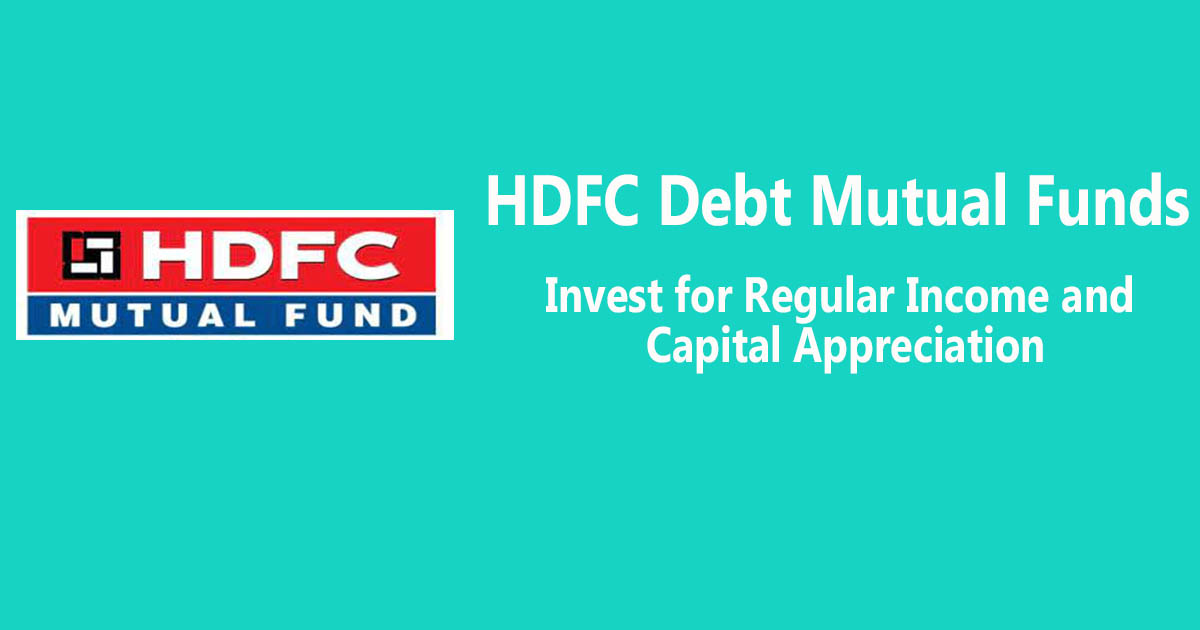
Debt mutual funds, also referred to as income funds, invest primarily in securities that generate fixed interest, such as bonds and money market instruments. The fund effectively lends money to the holders of the underlying bonds and collects interest on the loan. The fund then gives you returns in the form of the interest it has earned.
It resembles starting a fixed deposit with a bank quite a bit. The only distinction is that the fund manager of debt funds manages a portfolio made up of numerous fixed income securities with varying maturity dates and interest rates.
Only debt securities that will support the fund’s investment objective are chosen by him or her. In a nutshell, debt funds seek to produce a consistent flow of income.
How to Choose a Debt Mutual Funds?
Here are the factors to consider when selecting a debt mutual fund to invest in:
Expense Ratio
The annual fee that fund houses charge investors is known as the expense ratio. The returns decrease as the expense ratio rises. Pick a mutual fund that invests in debt and has a lower expense ratio.
Interest Rates
Interest rates have an effect on debt mutual funds. Bond price declines are a result of rising interest rates. New bonds are issued that have a higher yield as a result of the rise in interest rates. As a result, the value of older bonds decreases. These “older bonds” also have an impact on Net Asset Value (NAV). Long-term debt mutual funds are also impacted by high interest rates. The safer bet at this time would be to invest in short-term debt funds.
Challenges
Debt funds are renowned among mutual funds for having a low level of risk, but like all market-linked products, they are subject to loss. Credit risks can arise from investments in securities with low credit ratings, and falling bond prices can reduce returns.
The return
Since their rates are inversely correlated to market interest rates, even the best-performing debt mutual funds cannot guarantee returns. Consequently, could offer better returns in a regime of falling interest rates and lower returns in a market that is expanding.
The lifespan
Check the average maturity period to prevent taking unanticipated investment risks. You can check the maturity duration and invest in the funds that are in line with your goal based on your financial objective, such as whether you want returns in a short period of time—a few days, months, or a year—or not.
Credit Quality
You can choose the best debt fund by looking at the bonds’ credit quality. Bonds are given a credit rating based on how likely they are to generate returns. The best credit rating, AAA, is regarded as a secure investment.
Portfolio Yield
The portfolio yield or current yield of a bond refers to the interest income it generates. High portfolio yield bonds are those with higher coupon rates. The running yield is indicated by the parameter Yield to Maturity (YTM) for debt mutual funds. Know how this additional yield is produced before investing. It might not be the best debt fund to invest in if it generates returns at the expense of a poor portfolio quality.
Fund Objectives
Depending on their fund objectives, debt funds invest in a variety of securities. These investments are perfect for risk-averse investors because their performance can be expected to be fairly predictable.
Check AUM
Assets Under Management, or AUM, is a reliable predictor of a fund’s performance. It refers to the market value of assets at a specific time and takes into account both the capital a fund manager has available to invest in new funds as well as the returns a fund has generated. Higher AUM funds are thought to be safer to invest in.
Holding Period
The debt funds with the shortest holding periods are the best to choose if you want to temporarily park your emergency funds while earning modest returns. On the other hand, it is advised to select long-term debt funds with a holding period of two years or more if you want better returns.
Also Read : What Are Mutual Funds? – Everything You know about it
Features of Debt Mutual Funds
These are a debt mutual fund’s important features:
Comparatively less risk is involved with debt mutual funds than with equity funds or other types of financial instruments. These schemes provide stability to investors, making them a great investment option for novice investors.
Mutual funds that invest in debt do not have a set lock-in period. It can therefore be redeemed within one or two days of submitting the redemption request.
These funds are accessible at various credit risk and maturity levels. There are liquid funds, overnight funds, low duration funds, and shorter duration funds, among others.
By investing in a debt mutual fund, you can earn interest as well as capital gains.
Taxability
Short-term capital gains tax: Proceeds are taxed at the investor’s slab rate if debt fund units are sold before three years have passed since the date of purchase. Accordingly, the rate for investors in the highest tax bracket will be 31.20% (30% plus 4% cess).
Tax on long-term capital gains: If units of a debt fund are redeemed after three years, 20% of the gains, as well as indexation benefits, will be subject to tax. Every year that a person keeps money invested in a debt mutual fund qualifies for this benefit.
Who Should Invest in Debt Mutual Funds?
Debt mutual funds can be a suitable investment option for a wide range of investors, depending on their investment goals, risk appetite, and financial situation. Here are some types of investors who may consider investing in debt mutual funds:
Conservative Investors: Conservative investors who are looking for a low-risk investment option and are not comfortable with the volatility of the equity market can consider investing in debt mutual funds. Debt mutual funds provide a steady income stream and have the potential to generate higher returns than traditional fixed deposits.
Short-Term Investors: Investors with a short-term investment horizon of less than 3 years may consider investing in debt mutual funds. Debt mutual funds offer better returns than traditional fixed deposits, and the returns are relatively stable.
Retirees: Retirees who are looking for a regular income stream can consider investing in debt mutual funds. Debt mutual funds provide a steady income stream and are less risky compared to equity mutual funds.
Investors with Low to Moderate Risk Appetite: Investors who have a low to moderate risk appetite and are looking for a relatively stable investment option can consider investing in debt mutual funds. Debt mutual funds provide a stable return and are less volatile than equity mutual funds.
Investors with Short-Term Financial Goals: Investors who have short-term financial goals, such as saving for a down payment on a house or a car, can consider investing in debt mutual funds. Debt mutual funds provide a better return than traditional savings accounts or fixed deposits.
Advantages of Investing in Debt Mutual Funds
Investors can reap the following benefits by investing in the best debt mutual funds:
Liquidity is one of the main advantages of fixed income funds. After making a purchase, investors can redeem their units at any time. Within a day, the money will appear in their bank account.
To meet requirements, one can withdraw a portion of their funds without having an impact on the remaining investment.
Investors have two options for purchasing units: as a lump sum or through a SIP.
Stock market fluctuations rarely affect returns because a large portion of the investment corpus is allocated to debt instruments.
Compared to more conventional investment options like bank fixed deposits, debt funds are more tax-efficient.
When an investor decides to redeem their units, the income from the debt fund is taxed. However, bank FD income is subject to annual taxation. If sold after three years from the purchase date, debt funds also qualify for indexation benefits.
Rating of the debt instruments’ credit quality: Indian credit rating agencies rate the debt instruments. People can check the credit quality rating before investing in these funds to get a sense of the degree of risk involved with a scheme.
Best 5 debt mutual funds to invest
Axis Liquid Fund
Axis Liquid Fund is a popular debt mutual fund that primarily invests in highly liquid money market instruments such as treasury bills, commercial papers, certificates of deposit, and other short-term debt securities with a residual maturity of up to 91 days. The fund has a low-risk profile and aims to generate stable returns over a short-term investment horizon.
The fund has consistently generated good returns and has a high credit quality portfolio, with a significant portion of its assets invested in securities rated AAA, A1+, and equivalent. As of February 2023, the fund has an AUM (Assets Under Management) of over Rs. 37,000 crore and is managed by experienced fund managers who have a good track record of managing debt funds.
The minimum investment amount for Axis Liquid Fund is Rs. 5,000, and investors can invest in the fund through both the lump sum and SIP (Systematic Investment Plan) modes. However, before investing in any mutual fund, investors should consider their investment objectives, risk profile, and consult with a financial advisor to make an informed decision.
HDFC Short Term Debt Fund
HDFC Short Term Debt Fund is a popular debt mutual fund that primarily invests in a diversified portfolio of high-quality corporate bonds and government securities with a residual maturity of up to three years. The fund aims to generate stable returns over a short to medium-term investment horizon while maintaining a low credit risk profile.
The fund has a strong track record of generating consistent returns and has a low credit risk portfolio, with a significant portion of its assets invested in securities rated AAA, AA+ and equivalent. As of February 2023, the fund has an AUM (Assets Under Management) of over Rs. 21,000 crore and is managed by experienced fund managers who have a good track record of managing debt funds.
The minimum investment amount for HDFC Short Term Debt Fund is Rs. 5,000, and investors can invest in the fund through both the lump sum and SIP (Systematic Investment Plan) modes. However, before investing in any mutual fund, investors should consider their investment objectives, risk profile, and consult with a financial advisor to make an informed decision.
SBI Magnum Medium Duration Fund
SBI Magnum Medium Duration Fund is a popular debt mutual funds that primarily invests in a diversified portfolio of government securities, corporate bonds, and money market instruments with a duration of three to four years. The fund aims to generate stable returns over a medium-term investment horizon while maintaining a low to moderate credit risk profile.
The fund has a good track record of generating consistent returns and has a low credit risk portfolio, with a significant portion of its assets invested in securities rated AAA, AA+, and equivalent. As of February 2023, the fund has an AUM (Assets Under Management) of over Rs. 6,000 crore and is managed by experienced fund managers who have a good track record of managing debt funds.
The minimum investment amount for SBI Magnum Medium Duration Fund is Rs. 1,000, and investors can invest in the fund through both the lump sum and SIP (Systematic Investment Plan) modes. However, before investing in any mutual fund, investors should consider their investment objectives, risk profile, and consult with a financial advisor to make an informed decision.
ICICI Prudential Corporate Bond Fund
ICICI Prudential Corporate Bond Fund is a popular debt mutual funds that primarily invests in a diversified portfolio of corporate bonds across different credit ratings and maturities. The fund aims to generate stable returns over a medium to long-term investment horizon while maintaining a low to moderate credit risk profile.
The fund has a good track record of generating consistent returns and has a well-diversified portfolio, with a significant portion of its assets invested in securities rated AAA, AA+ and equivalent. As of February 2023, the fund has an AUM (Assets Under Management) of over Rs. 20,000 crore and is managed by experienced fund managers who have a good track record of managing debt funds.
The minimum investment amount for ICICI Prudential Corporate Bond Fund is Rs. 5,000, and investors can invest in the fund through both the lump sum and SIP (Systematic Investment Plan) modes. However, before investing in any mutual fund, investors should consider their investment objectives, risk profile, and consult with a financial advisor to make an informed decision.
Aditya Birla Sun Life Medium Term Plan
Aditya Birla Sun Life Medium Term Plan is a popular debt mutual fund that primarily invests in a diversified portfolio of corporate bonds, government securities, and money market instruments with a duration of one to four years. The fund aims to generate stable returns over a medium-term investment horizon while maintaining a low to moderate credit risk profile.
The fund has a good track record of generating consistent returns and has a well-diversified portfolio, with a significant portion of its assets invested in securities rated AAA, AA+ and equivalent. As of February 2023, the fund has an AUM (Assets Under Management) of over Rs. 1,800 crore and is managed by experienced fund managers who have a good track record of managing debt funds.
The minimum investment amount for Aditya Birla Sun Life Medium Term Plan is Rs. 1,000, and investors can invest in the fund through both the lump sum and SIP (Systematic Investment Plan) modes. However, before investing in any mutual fund, investors should consider their investment objectives, risk profile, and consult with a financial advisor to make an informed decision.
Risks Associated With Debt Mutual Funds
Investing in debt carries the following risks.:
Credit Risk
This is the chance that the person or company who issued the debt security won’t honour his promise to pay interest on time and return the principal when it matures.
Interest Rate Risk
This is a potential outcome of changes in the interest rate that the fund plan’s underlying securities are willing to offer.
Liquidity Risk
This is the chance that the mutual fund company won’t have enough liquidity to meet redemption requests.
Frequently Asked Questions
Which is the best type of debt fund?
You can make a wise choice by investing in a debt fund that suits your investment horizon, objective, and risk appetite.
Are debt mutual funds risk-free?
Although debt funds help you generate steady income, they have certain risks like interest rates and credit risk. Interest risk is associated with a fall in bond prices due to a rise in interest rates. On the other hand, credit risk is when a borrower fails to make the required payments.
What are the different types of debt funds?
The different types of debt funds include overnight funds, liquid funds, income funds, gilt funds, dynamic bond funds, ultra short-term funds, fixed maturity plans, etc.
Are debt funds tax-free?
The short-term capital gains in debt mutual funds are taxed depending on the applicable tax rate of the investor. On the other hand, long-term capital gains of debt funds are taxed at a 20% rate with indexation.
Is FD better than a debt mutual fund?
An FD is more secure as compared to debt funds. It is because market fluctuation does not impact the interest rate.
Is a debt mutual fund good for long-term or short-term purposes?
Debt funds are more appropriate for short-term purposes of one to three years. However, some investors may invest in equity funds to achieve their long-term financial goals. Assess your investment objective and make a suitable decision.






